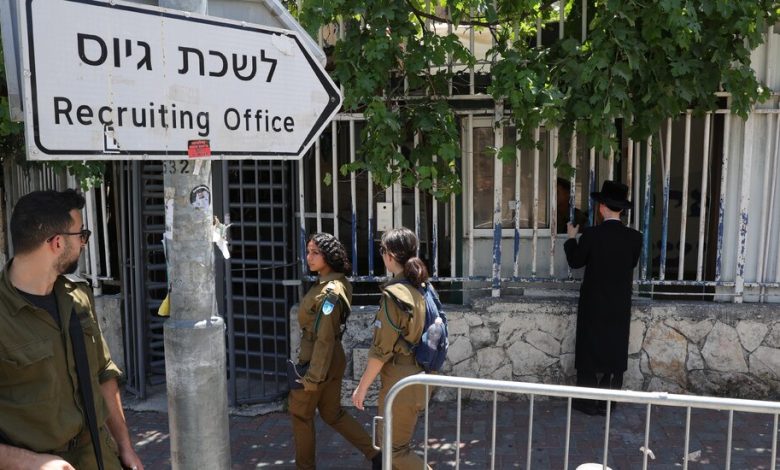What the Court’s Ruling on Drafting the Ultra-Orthodox Means for Israel

The Israeli Supreme Court’s ruling on Tuesday that ended a decades-old exemption for ultra-Orthodox Jews from serving in the country’s military could herald a seismic change in the trajectory of the country, with social, political and security implications.
The ruling is likely to further strain Prime Minister Benjamin Netanyahu’s brittle governing coalition, which depends on the support of two ultra-Orthodox parties that support the exemption, even as Israel is at war in Gaza.
The issue of ultra-Orthodox exemption has long polarized a country where most Jewish 18-year-olds, both men and women, are conscripted for years of obligatory service. Mainstream Israelis have long bristled over a lack of equality.
More recently, the monthslong war in Gaza and looming conflicts on other fronts have underscored the military’s need for more soldiers.
Who are the Haredim?
Many of Israel’s ultra-Orthodox — known in Hebrew as Haredim, or those who fear God — afford the state only de facto recognition, rejecting the notion of secular Jewish sovereignty and of serving in the military.
Instead, many Haredim view full-time Torah study as a supreme value and argue that this scholarship has ensured the survival of the Jewish people for centuries.